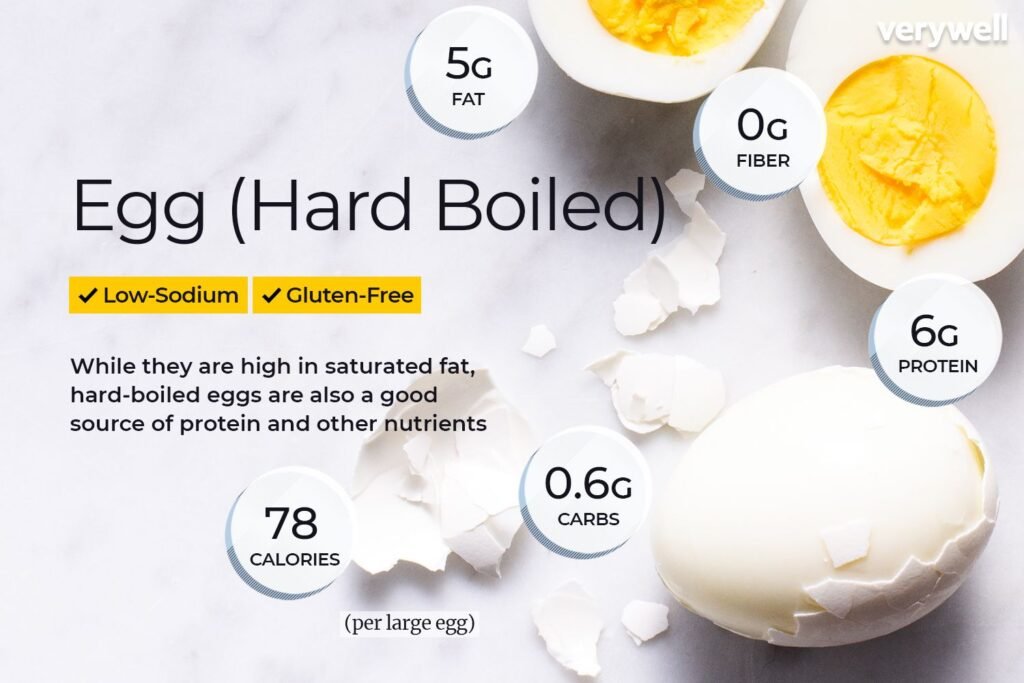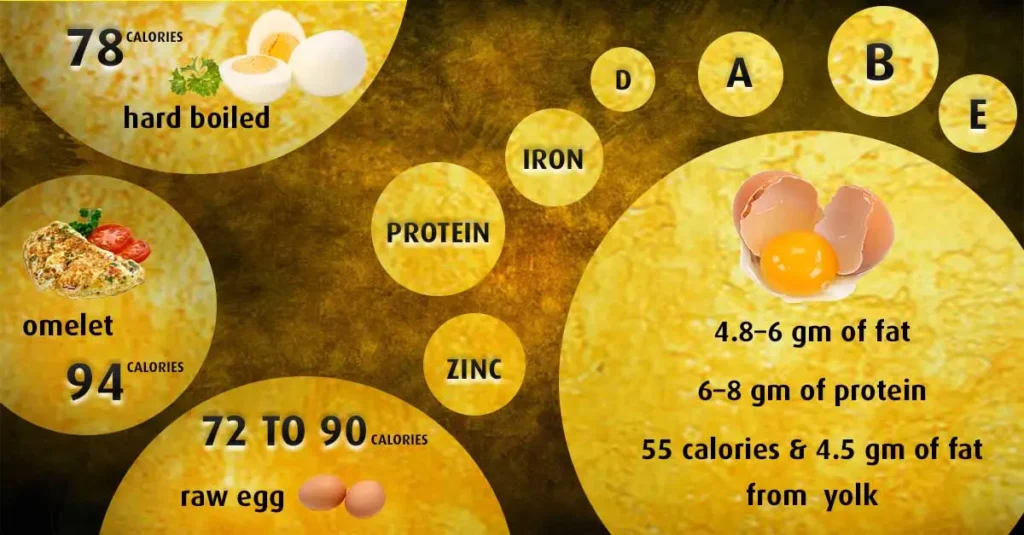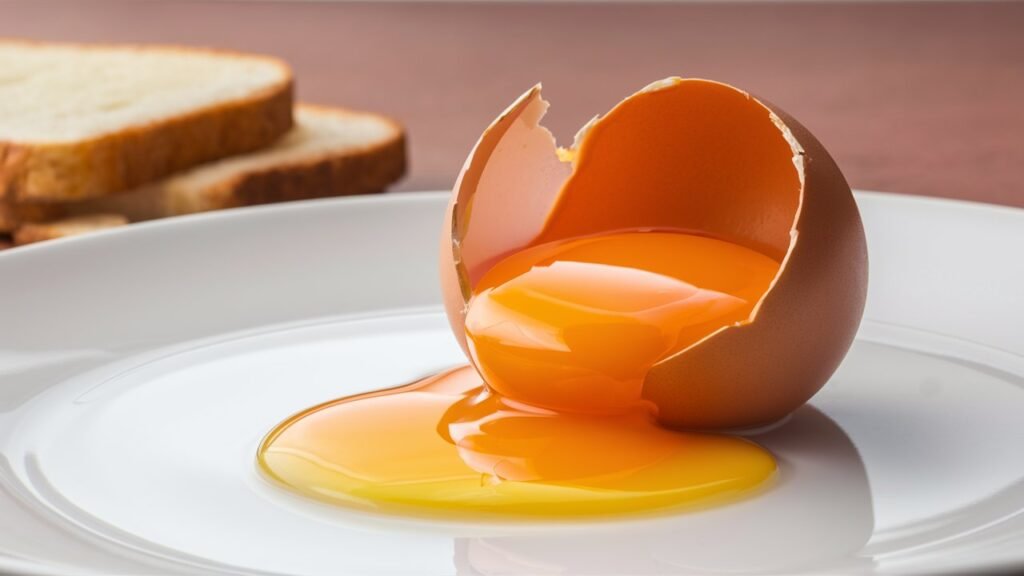Introduction
Eggs are among the most nutritious and affordable foods in the world. Whether eaten for breakfast, lunch, or as a quick protein snack, boiled eggs are a favorite for people who care about health, weight control, or muscle growth. Yet one of the most common nutrition questions is simple: how many calories are in two boiled eggs?
This question matters because understanding calorie content helps you make informed dietary choices. Boiled eggs are not only low in calories but are also packed with essential vitamins, minerals, and high-quality protein. They can fit easily into almost any diet plan — from keto to balanced meal routines.
In this article, you’ll learn exactly how many calories two boiled eggs contain, what nutrients they provide, how they benefit your body, and how to include them smartly in your meals. Let’s explore the full nutritional story behind this everyday superfood.

How Many Calories in One Boiled Egg
A single large boiled egg contains around 77 to 78 calories. The number can vary slightly depending on the egg’s size, but this is the general estimate for a standard large egg. Those calories mainly come from protein and fat, with very little from carbohydrates.
Here’s the basic breakdown of one boiled egg:
- Calories: 77
- Protein: 6.3 grams
- Fat: 5.3 grams
- Carbohydrates: 0.6 grams
Eggs are low in carbs, moderate in fat, and rich in complete protein — meaning they provide all nine essential amino acids that your body cannot produce on its own. This makes them a perfect choice for anyone seeking a nutrient-dense, low-calorie food.
Read More: Nutrition facts of boiled eggs
How Many Calories in Two Boiled Eggs
If one boiled egg has roughly 77 calories, then two boiled eggs contain around 154 to 155 calories. Depending on size, this could vary slightly — medium eggs might total about 140 calories, while extra-large ones could reach up to 160.
Nutrient breakdown for two large boiled eggs:
- Calories: ~154
- Protein: 12.6 grams
- Fat: 10.6 grams
- Carbohydrates: 1.2 grams
With this balance, two boiled eggs offer a compact, high-protein, low-carb meal option. The calorie count is low enough to fit into most diets while delivering essential nutrients your body needs for energy, muscle repair, and hormone balance.
Where the Calories Come From
The majority of calories in boiled eggs come from fat and protein:
- Protein (33% of calories): Found mainly in the egg white, protein is responsible for muscle repair and tissue growth.
- Fat (64% of calories): Found primarily in the yolk, the fat provides energy and helps absorb fat-soluble vitamins such as A, D, E, and K.
- Carbohydrates (3% of calories): Eggs contain almost no carbs, making them ideal for low-carb diets.
The yolk is more calorie-dense than the white because it contains fat and cholesterol, but it also holds most of the vitamins and minerals that make eggs so nutritious.

Micronutrient Profile
In addition to calories and macros, two boiled eggs contain a range of vital micronutrients, including:
- Vitamin A: Supports vision and immune health.
- Vitamin D: Helps the body absorb calcium for strong bones.
- Vitamin B12: Crucial for nerve function and red blood cell production.
- Selenium: Acts as an antioxidant that protects your cells.
- Choline: Supports brain development and liver function.
- Iron and Phosphorus: Strengthen blood and bone health.
This makes boiled eggs not just a source of calories, but a dense package of nutrients that contribute to overall well-being.
Health Benefits of Eating Two Boiled Eggs
1. Excellent Source of Protein
Two boiled eggs provide over 12 grams of complete protein. This makes them a fantastic option for athletes, gym-goers, or anyone looking to maintain muscle mass. Protein also helps reduce hunger by increasing feelings of fullness, making eggs a great weight-loss-friendly food.
2. Great for Weight Management
Boiled eggs are low in calories but rich in nutrients. Eating two for breakfast or as a snack can help you feel satisfied longer, preventing overeating later in the day. They promote satiety without adding unnecessary calories.
3. Supports Brain Function
Eggs are one of the best dietary sources of choline, a nutrient that supports brain development and memory. Regular intake helps maintain mental focus and cognitive performance.
4. Promotes Eye Health
Egg yolks contain lutein and zeaxanthin, antioxidants known to protect eyes from damage caused by blue light and aging. This can lower the risk of cataracts and macular degeneration.
5. Builds and Maintains Muscle
The high-quality protein in boiled eggs supports muscle growth and recovery, especially when combined with strength training. The amino acid profile is almost perfect for muscle synthesis.

Comparison: Boiled Eggs vs Other Cooking Methods
Cooking methods can change calorie content significantly:
- Boiled Eggs: Around 77 calories each. No added fats.
- Poached Eggs: Similar to boiled, around 75–78 calories.
- Fried Eggs: Around 90–120 calories, depending on the oil or butter used.
- Scrambled Eggs: Around 100–140 calories per egg, often due to added milk or butter.
Boiling is the healthiest and most controlled way to cook eggs because it preserves nutrients without adding extra calories from fats.
Factors That Can Affect Calorie Count
- Egg Size:
- Small egg: ~55 calories
- Medium egg: ~65 calories
- Large egg: ~77 calories
- Extra-large egg: ~85–90 calories
- Cooking Time:
Longer boiling doesn’t change calories but may affect texture and nutrient retention slightly. - Additives:
Adding salt, mayo, or sauces increases calories. For example, one tablespoon of mayonnaise adds about 90 calories — more than the egg itself. - Diet Type:
People following low-carb or keto diets often use eggs as a foundation food due to their balanced macros.
Why Boiled Eggs Are Great for Weight Loss
Eating two boiled eggs in the morning can significantly reduce daily calorie intake. The combination of protein and healthy fat helps you feel full and reduces hunger hormones like ghrelin. Because they are easy to prepare and portion-controlled, boiled eggs help maintain calorie awareness.
You can combine two boiled eggs with fiber-rich foods such as oats, spinach, or avocado for a balanced, filling breakfast that supports fat loss without sacrificing nutrition.

Common Myths About Eggs and Calories
Myth 1: Eggs Are Fattening
Fact: Eggs themselves are not fattening. The problem lies in what you add to them—oils, cheese, and sauces can increase calories. Two boiled eggs alone have only about 150 calories and are highly satiating.
Myth 2: The Yolk Should Be Avoided
Fact: While the yolk contains cholesterol, it also provides vital nutrients like choline and vitamin D. Unless you have specific medical conditions, eating the yolk is beneficial.
Myth 3: Eating Eggs Raises Blood Cholesterol Too Much
Fact: Most people experience only a slight increase in blood cholesterol from eggs, and for many, it doesn’t affect heart health. Eggs can actually raise “good” HDL cholesterol.
How to Add Two Boiled Eggs to Your Diet
- Breakfast: Pair with whole-grain toast or avocado for a balanced start to your day.
- Snack: Keep boiled eggs in the fridge for a quick, high-protein bite.
- Lunch/Dinner: Slice them into salads or grain bowls.
- Workout Fuel: Eat them before or after exercise for protein support.
- Meal Prep: Boil several eggs at once; they last up to a week in the refrigerator.
Boiled eggs are practical, portable, and versatile — perfect for any eating plan.

Practical Nutrition Tips
- Pair with Fiber: Combine eggs with vegetables or whole grains to improve digestion and satiety.
- Stay Within Calorie Goals: Two eggs fit easily into most calorie plans.
- Mind the Add-Ons: Skip high-calorie sauces or spreads.
- Hydrate Well: Protein metabolism requires adequate hydration.
- Keep It Fresh: Store boiled eggs properly to avoid spoilage — up to 7 days in the fridge.
Read More: Mint Properties: Health Benefits, Uses, and Precautions
Conclusion
Two boiled eggs provide around 154 calories, offering a balanced mix of protein, healthy fats, and vital nutrients. They are among the most nutrient-dense foods available and can easily fit into any diet, whether your goal is muscle gain, fat loss, or simply better nutrition.
Their simplicity and versatility make them ideal for busy people seeking healthy choices. Unlike processed snacks, boiled eggs deliver steady energy, maintain satiety, and support metabolism. Including two boiled eggs in your daily routine can improve your overall nutritional intake without exceeding calorie goals.
For most individuals, eating one to two eggs a day is perfectly healthy. The key is balance — enjoy eggs as part of a diverse diet filled with fruits, vegetables, whole grains, and healthy fats.
In short, boiled eggs prove that good nutrition doesn’t need to be complicated — sometimes, simplicity is the healthiest option.
FAQs
Q1. How many calories are in two boiled eggs?
Two large boiled eggs contain about 154 to 155 calories on average.
Q2. Are boiled eggs good for weight loss?
Yes. They’re high in protein and low in calories, which keeps you full longer and helps prevent overeating.
Q3. Do egg whites have fewer calories than whole eggs?
Yes. The egg white from one large egg has about 17 calories, while the yolk has about 55–60 calories.
Q4. Can I eat two boiled eggs daily?
Yes, most healthy adults can safely eat one to two eggs daily as part of a balanced diet.
Q5. Do boiled eggs lose nutrients when cooked?
Not significantly. Boiling preserves most nutrients, especially when eggs are cooked just until firm and not overboiled.